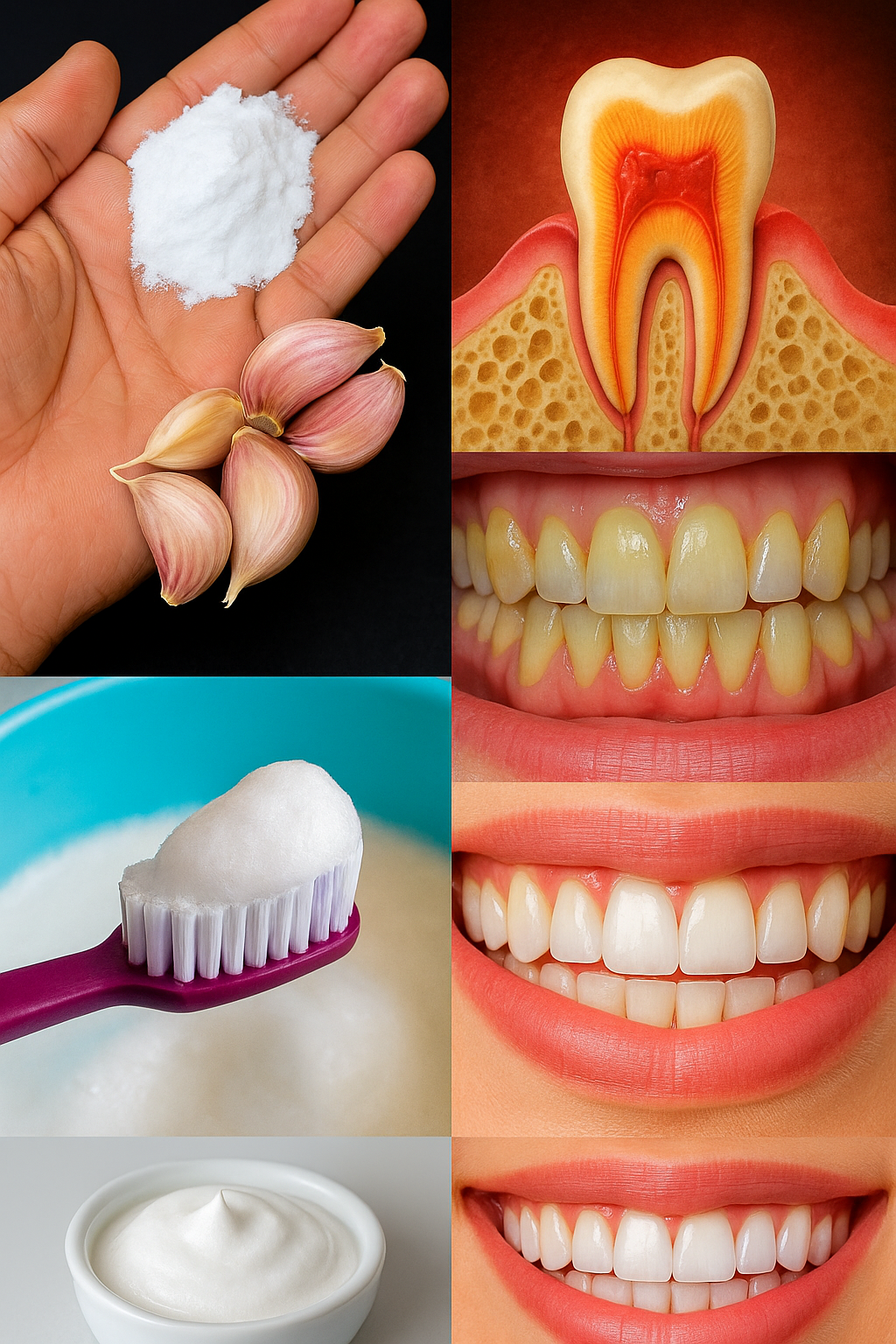Often mistaken for a mere weed growing in fields and along pathways, mugwort is actually a deeply respected herb in traditional medicine with a long history across Europe, Asia, and North America. From digestive health to women’s wellness and skin care, mugwort offers a wide spectrum of therapeutic uses—many of which are only now being rediscovered in modern herbal practices.

🌍 1. Historical Significance and Traditional Uses
In folklore, mugwort was believed to ward off evil spirits, bring prophetic dreams, and protect travelers. In traditional medicine, it was used by herbalists, shamans, and midwives for:
- Stimulating digestion
- Enhancing circulation
- Supporting women’s reproductive health
- Clearing skin inflammation
- Inducing vivid dreams and spiritual clarity
Today, many of these uses have been supported by modern research into the herb’s bitter compounds, essential oils, and flavonoids.
🍽️ 2. Digestive Health Booster
Mugwort is renowned as a bitter herb that stimulates the production of bile and gastric juices, supporting smooth and efficient digestion. It’s particularly effective for:
- Bloating
- Flatulence
- Indigestion
- Appetite stimulation
✅ How to Use:
- Mugwort Tea: Steep 1 tsp of dried mugwort in hot water for 10 minutes. Drink warm before or after meals to aid digestion.
- Tincture: Take 10–20 drops in water before meals as a digestive bitter (after consulting with a professional).
🧴 3. Soothing Skin Remedy
Mugwort has anti-inflammatory, antimicrobial, and antioxidant properties that make it a strong ally for skin health.
Effective for:
- Eczema
- Contact dermatitis
- Insect bites
- Acne and redness
✅ How to Use:
- Poultice: Crush fresh mugwort leaves and apply directly to affected areas for 15–30 minutes.
- Infused Oil: Soak dried mugwort in olive oil for 2 weeks. Strain and apply topically to calm skin irritation.
🌸 4. Menstrual Support and Hormonal Balance
Mugwort’s emmenagogue properties can help regulate menstruation, stimulate menstrual flow, and ease cramps and menopausal symptoms.
✅ How to Use:
- Tea: Steep 1 tsp of dried mugwort in hot water. Drink once daily a few days before your period.
- Caution: Do not use mugwort during pregnancy or if trying to conceive without professional guidance, as it may stimulate uterine contractions.
🛡️ 5. Antimicrobial and Antifungal Action
Thanks to compounds like cineole and thujone, mugwort exhibits antimicrobial activity against bacteria and fungi.
Effective for:
- Fungal skin infections
- Mild cuts or abrasions
- Preventing wound infections
✅ How to Use:
- Tincture or extract: Dilute in water to clean wounds or as a natural hand sanitizer.
- Infused oil or balm: Apply to athlete’s foot or fungal-prone areas.
🧘 6. Calms Anxiety and Promotes Restful Sleep
Mugwort has a long-standing reputation as a mild sedative. It helps balance the nervous system, reduce anxiety, and promote deeper sleep.
✅ How to Use:
- Nighttime Tea: Brew 1 tsp of dried mugwort with chamomile for a soothing sleep tonic.
- Dream Pillow: Add dried mugwort to a small sachet and place under your pillow to enhance dreams and promote calm sleep.

🌿 A Multifaceted Herbal Ally
Mugwort is more than just an herb—it’s a multi-use wellness tool. Whether you need digestive relief, skin healing, menstrual balance, or emotional grounding, this plant offers gentle yet effective support.
⚠️ Safety and Considerations
- Pregnancy/Nursing: Avoid during pregnancy unless under professional supervision.
- Allergies: Mugwort belongs to the Asteraceae family—if you’re allergic to ragweed, approach with caution.
- Dosage: Like all herbs with potent compounds, moderation is key. Start small and observe your body’s reaction.
🌱 Final Thoughts
Mugwort is a forgotten gem in modern herbal wellness, combining ancient wisdom with modern applications. When used respectfully and safely, it can bring balance to your mind, body, and skin.
💬 “Don’t underestimate the weed at your feet—it may be the medicine your body needs.”
Disclaimer: This article is for informational purposes only and does not constitute medical advice. Always consult with a licensed healthcare provider before beginning any new herbal regimen, especially if you have health conditions or are taking medications.


